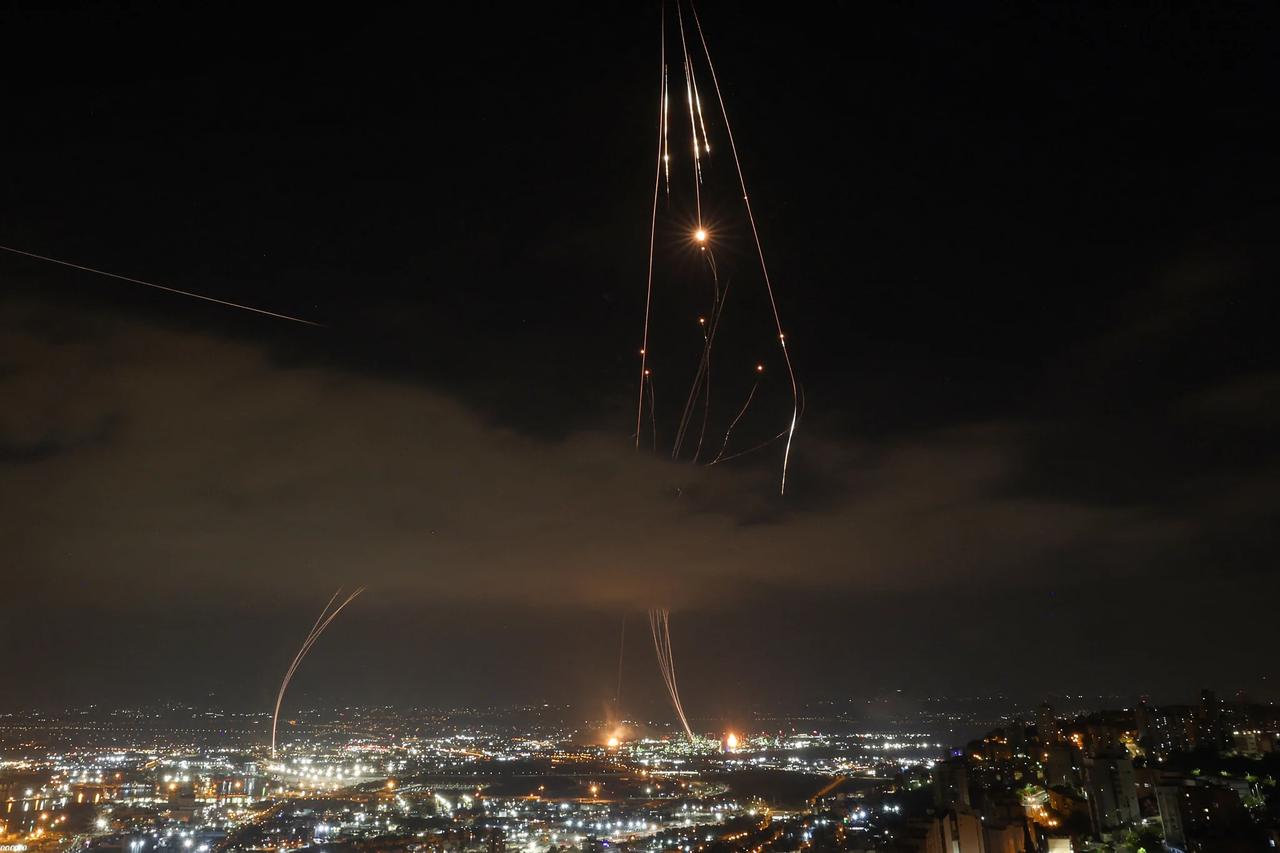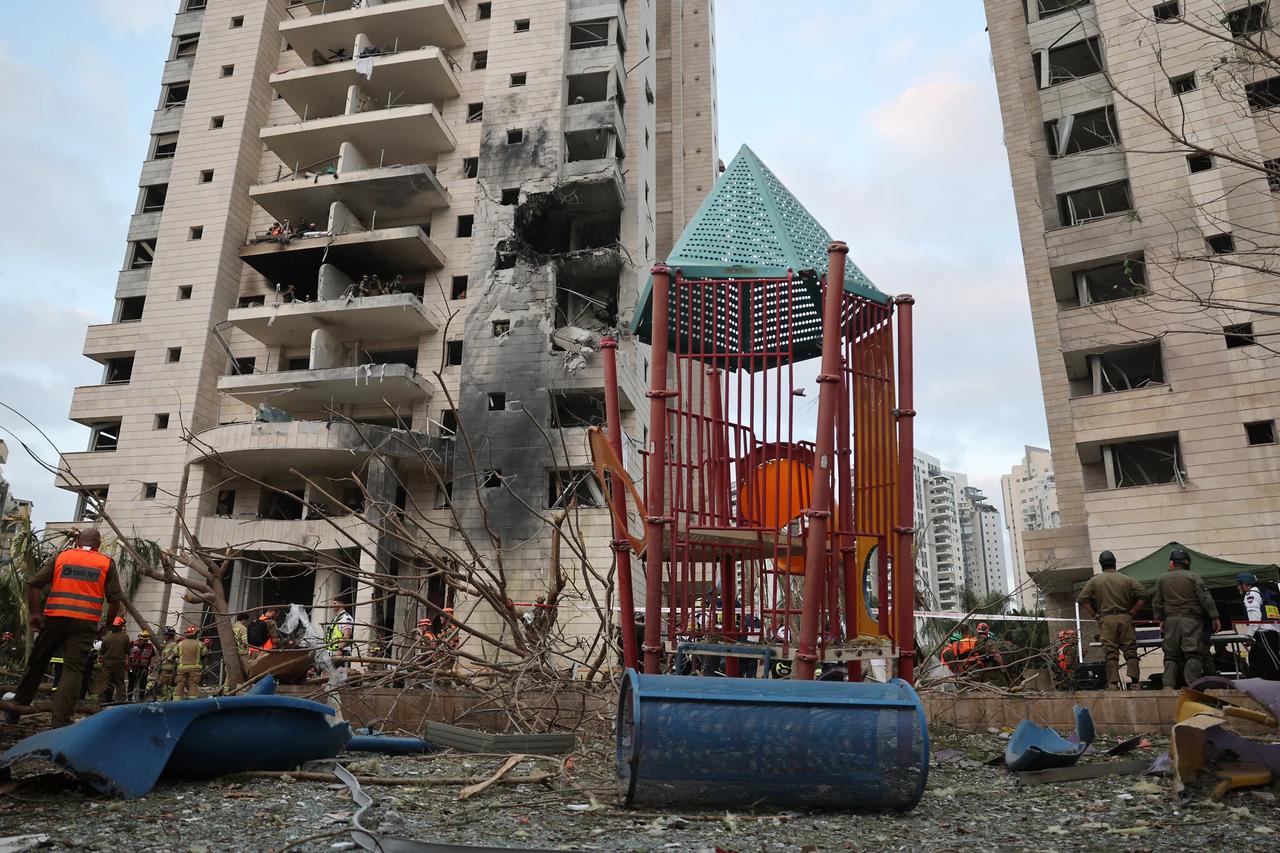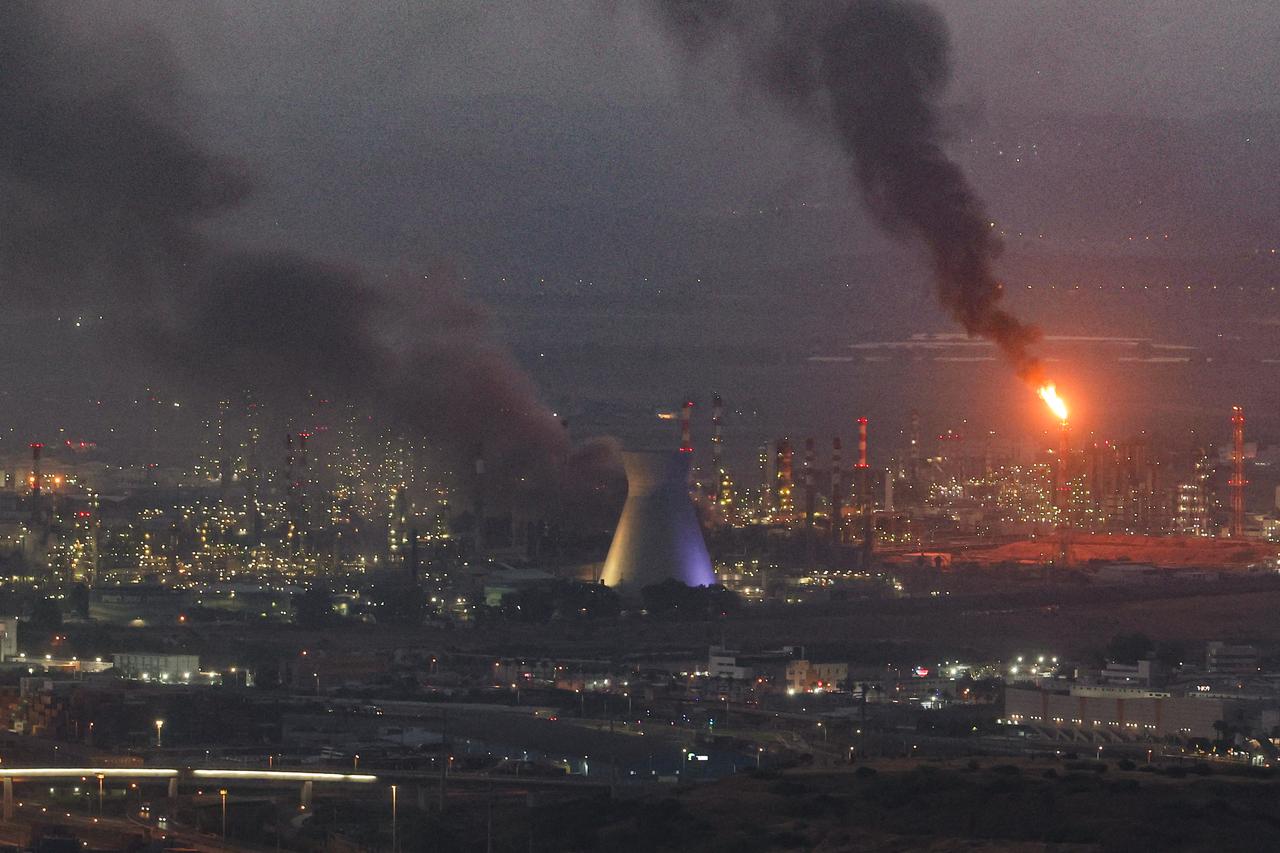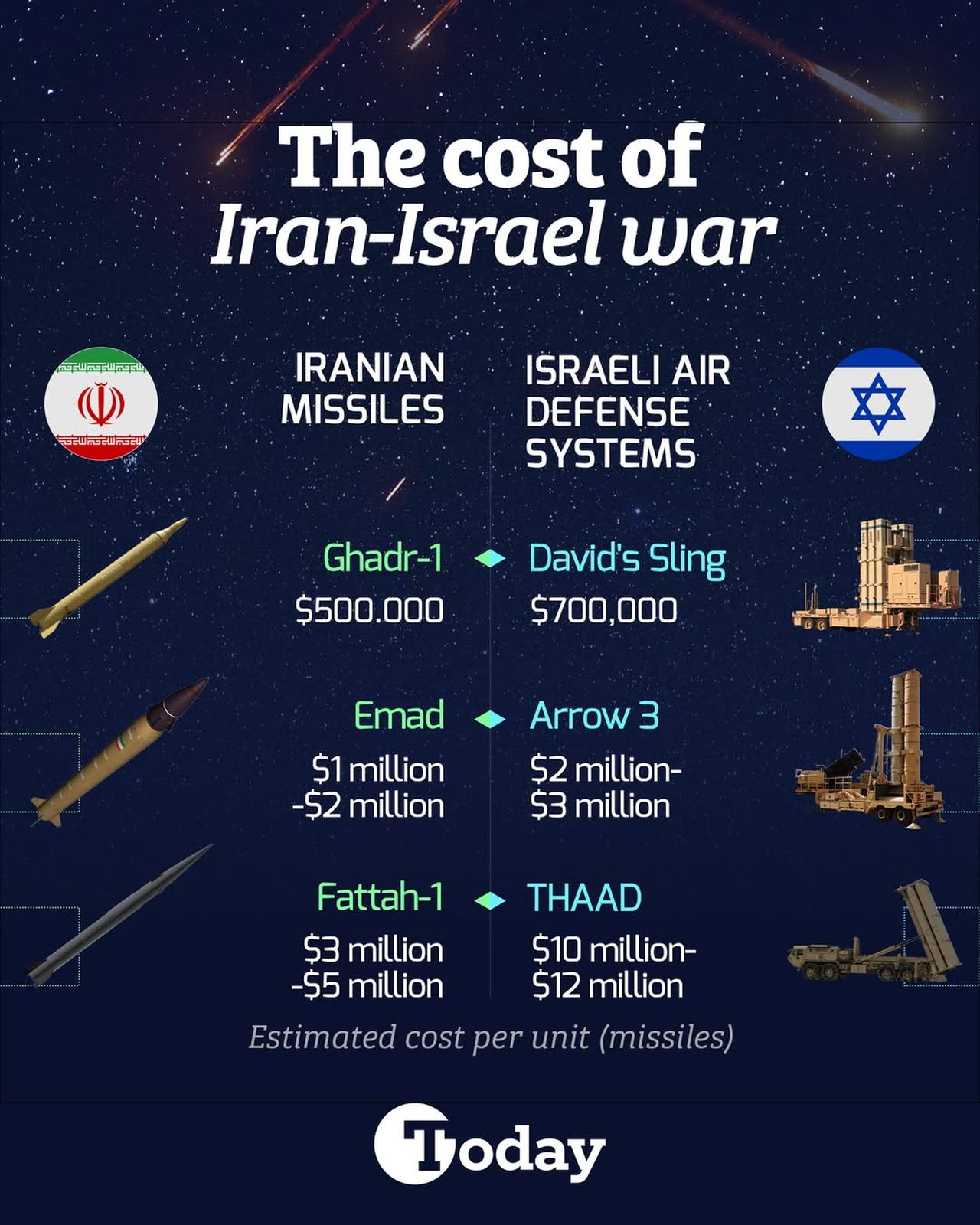
For years, particularly across parts of the Middle East, a fringe narrative held that Iran and Israel were engaged in a carefully choreographed conflict—a “staged fight” designed to distract from deeper regional issues and shore up domestic legitimacy on both sides.
That illusion appears to have collapsed. Iran’s unprecedented missile and drone assault on Israeli territory marked a decisive break from proxy warfare and rhetorical posturing.
The barrage represented a historic shift as it didn’t appear as a token response like the previous ones, and Israel was directly and effectively struck by a sovereign state in the region, not by one of Tehran’s allied militias or partners.
Framed as a justified act of self-defense, Iran’s response drew widespread sympathy online, particularly in regions disillusioned with the international community’s stance on Gaza. Many viewed the retaliation as a rare instance of pushback against Israeli aggression.
Across the Global South, Israel’s actions in Gaza have marked a “masks-off” moment. The failure of Western powers to uphold international law or defend Palestinian lives has severely eroded the moral credibility of liberal democracies.
That credibility gap is felt most acutely in regions long targeted by Western democracy-promotion efforts. The language of freedom and human rights now carries little weight, often met with pointed reminders of the silence during Gaza.
Against this backdrop of disillusionment, Iran’s retaliation resonated. It was seen not only as a military strike but as one of the few moments in which Israel appeared to face real consequences for its actions.
Still, whether Tehran can convert this wave of global sympathy into lasting geopolitical leverage depends on how the next phase of the conflict unfolds.

A long-standing belief gained traction in Türkiye—not only on social media, but also among segments of the intelligentsia: that Iran and Israel have never truly fought, and their decades of hostility amount to little more than coordinated theater.
Some academics and commentators even cited the limited casualties in the April 2024 strike as proof of a symbolic move rather than a genuine escalation.
However, U.S. officials pushed back firmly against that narrative. The White House warned that had even a small number of Iran’s missiles had penetrated Israel’s defense systems, the consequences would have been catastrophic, underscoring the seriousness of the confrontation.
Even in the past, Iran had found ways to strike at Israel, most notably through Hezbollah’s blows in 2006. That indirect pressure earned Tehran significant political capital across the Arab world, enhancing its image as the only actor willing to confront Israel.
However, for some time now, Iran has refrained from direct engagement with Israel, adopting a different strategic approach.
Ali Bakir, associate professor at Qatar University, had argued from the outset of the 2024 conflicts that Iran would tolerate whatever actions Israel and the U.S. took, adhering to its broader strategic approach. He notes, “Despite being humiliated and suffering severe strategic losses from Israel’s attacks, Iran did not declare war on Israel. Instead, Iranian officials—what remains of them—promised retaliation.”
According to Bakir, the regime understands that a formal declaration of war or full-scale direct conflict could threaten its very survival. He adds that Iran’s Supreme Leader is likely to accept the new realities on the ground, calibrating a measured, face-saving response while possibly seeking an agreement with the United States to buy time.

What distinguishes this round of conflict is the transformation of Iran's image from a shadow player operating through proxies to a state openly confronting Israel.
For years, Iran’s influence across the region rested heavily on groups like Hezbollah in Lebanon or militias in Syria and Iraq. But in April, the Islamic Republic stepped forward as a direct combatant—paying the cost, taking the risk, and sending a clear message.
This repositioning is likely to bolster Iran’s soft power appeal, especially in the Global South. In much of Asia, Africa, and Latin America, Iran is increasingly perceived not as an isolated pariah, but as a sovereign actor standing up to U.S.-backed Israeli military dominance.
The narrative that Iran “hit back” against Israeli aggression—especially following the targeted assassination of its generals on Syrian soil—has resonated in places like Pakistan, parts of the Arab world, and potentially even beyond.
Iran’s ambassador to Russia, Kazem Jalali, tweeted Tuesday, “The Iranian people will never forget who stood with us during these times—and who chose to do nothing.”
Tehran may feel that it’s betrayed, but that's nothing new. According to Reza Talebi, an Iran expert from Leipzig University, Russia had already made its stance clear in previous years, repeatedly turning a blind eye as Israeli strikes targeted Iranian positions in Syria.
The regime can also use this crisis as diplomatic leverage to deepen its strategic ties with global players like China, Russia, and Pakistan, including military deals. This may be particularly appealing to states wary of Western-led military alignments or looking to hedge against U.S. influence.

The ripple effects of this escalation are not confined to international audiences. Inside the United States, Iran’s strike has deepened existing rifts within the Republican Party. While the neoconservative wing is calling for a forceful response and increased support for Israel, the nationalist-populist faction—aligned with the principles of the MAGA Movement—has pushed back, warning against further military entanglements in the Middle East.
Paradoxically, Iran’s move has weakened the position of Republicans who argue that U.S. involvement in another regional war would be a strategic mistake. It also places the Trump-aligned right in a difficult position: the administration’s promises of avoiding foreign conflicts are now being tested against a volatile and fast-moving regional crisis.

Despite the firepower unleashed, Iran was careful to frame its actions as proportionate and legally justified. The religious leader Ali Khamenei emphasized that retaliation was not optional but obligatory—targeted commanders had been killed on sovereign or allied territory.
Yet the scale of the attack—calibrated to avoid civilian casualties—also signaled a desire to avoid full-scale war. However, how much longer Iran can maintain this posture of restraint remains uncertain—especially with no one left in the chain of command but Khamenei himself.